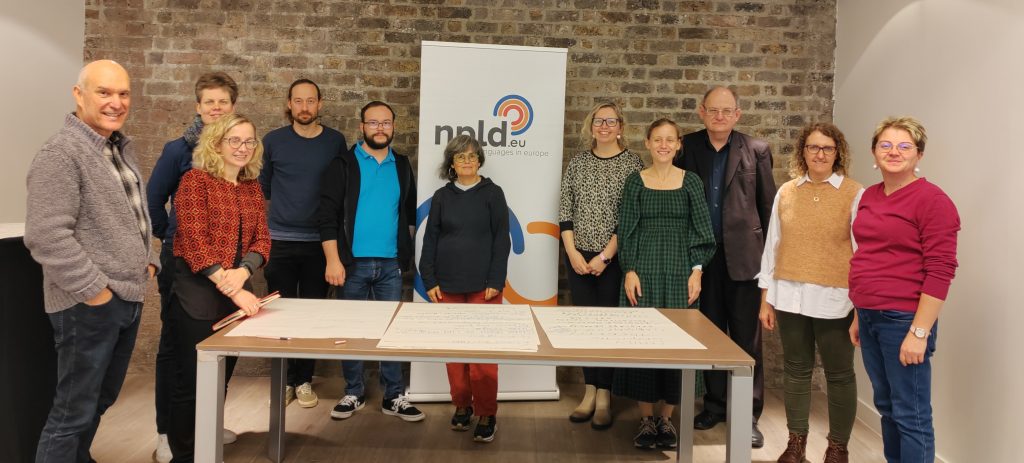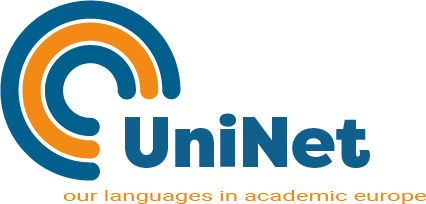The second Uninet meeting was arranged in Dublin Ireland on the 22nd of November 2023 in conjunction with the NPLD steering committee meeting.
In attendance were Uninet members Rhian Hodges from Bangor University, Elen Keen from Coleg Cymraerg Cenedlaethol, Jelske Dijkstra from the Mercator Research centre, Elin Royles from Prifysgol Aberystwyth, Imanol Larrea-Mendizabal from Soziolinguistika Klusterra, Lasse Vuorsola from Stockholm University, Ingeborg Birnie from the University of Strathclyde, Marta Estella from Xarxa Vives d’Universitats (Vives Network of Universities) and the Partium Christian University was represented by Gábor Flóra, Julianna Borbély and Zoltán Kovács. Vincent Fenollar and Sara García García were also in attendance as representatives of the NPLD.

The meeting took place at EPIC Irish Emigration Museum and on the agenda was the development of shared research projects as well as further development of shared teaching programmes. The morning session was spent on finding shared research interests and establishing smaller research groups within the network. The brainstorming session led to the establishment of four subgroups. These groups focus on AI and language use, the progression from higher education to the workplace, ideologies and identities in education and finally one group will focus on initiatives on a community level to expand opportunities in a target language. The groups will work on their research projects separately and report to the network as the projects develop. It was discussed that further funding opportunities should be explored in order to be able to conduct larger scale research projects.
The majority of the afternoon session was spent on discussing on-going and past cooperation between members of the Uninet network as well as further developing a blended intensive course through Erasmus+. The network members have visited and given presentations at each other’s institutions and developed projects for cooperation. The group also discussed the need to expand the network further and recruiting more members. In order to be able to develop a more extensive course in the future, new members with students are needed. There is a lack of member institutions that teach students, because the network includes several members that are research centres without students or members whose students are unable to participate due to administrative issues. The members agreed to work on expanding the network further.
The meeting was concluded with a dinner and further discussions at the Mossco restaurant.
